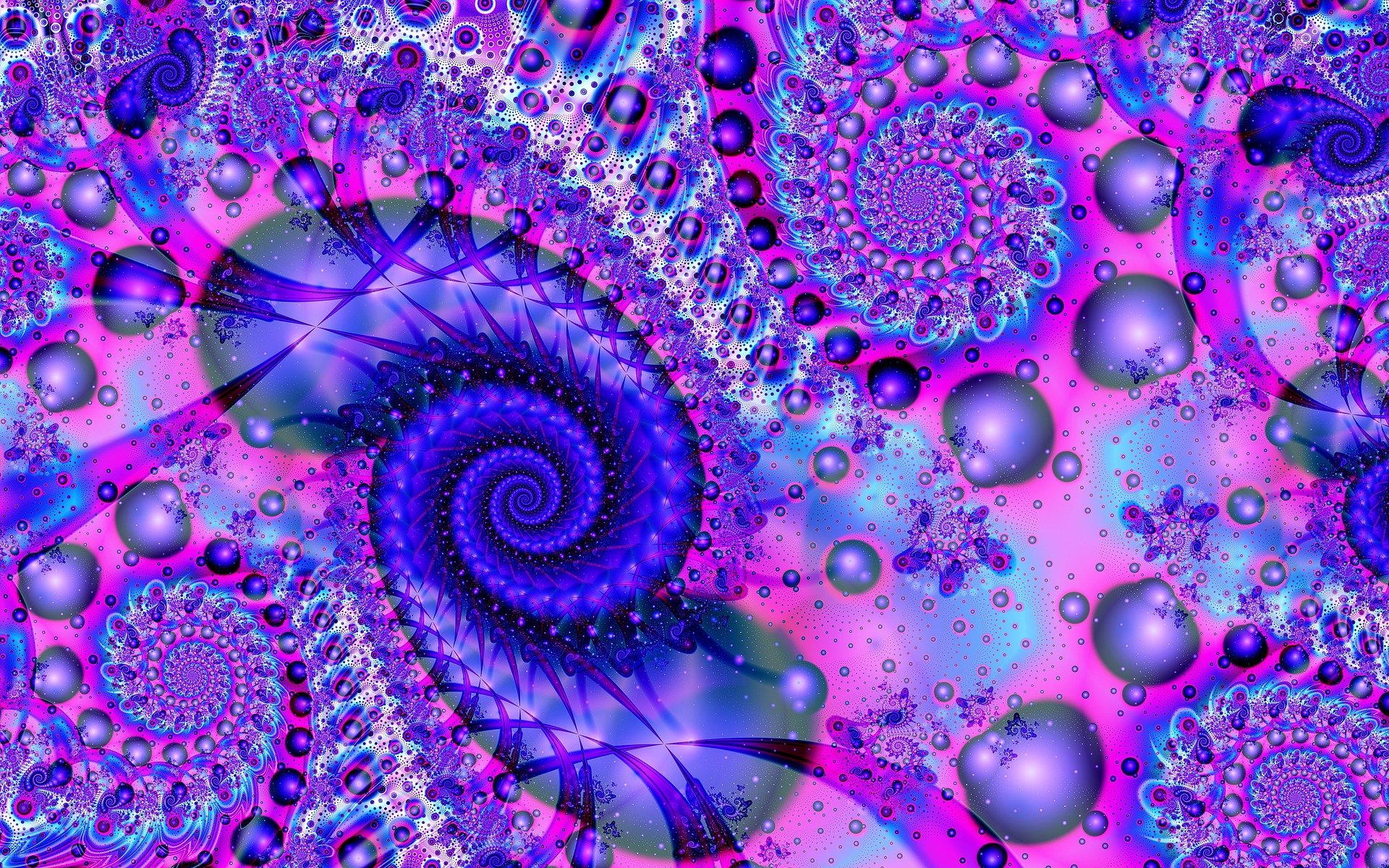
Ketamine-Assisted Psychotherapy
Are you yearning to go on a one-of-a-kind healing journey?
Maybe you’ve already tried regular therapy and everything else under the sun, frustratingly finding out that nothing brings relief. Or maybe you just decided that talking for months on end wasn’t for you. Either way, you know you need something different. Something one-of-a-kind.
Ketamine-assisted psychotherapy can be an incredible way to open up to healing in ways you never thought possible. Psychedelic experiences can take you places regular therapy simply cannot. Combined with help from a trained professional, you can integrate your ketamine journeys into a new lease on life.
What is Ketamine-Assisted Psychotherapy?
Ketamine-assisted psychotherapy is a short-term form of therapy where the patient uses ketamine journeys combined with integration therapy to promote healing and growth. The entire experience is typically completed within one to two months, providing fast and long-lasting relief from symptoms, even in treatment-resistant depression and anxiety.
The purpose of ketamine-assisted therapy is to create a non-ordinary (“altered”) state of consciousness that can bring about profound transpersonal peak experiences. These experiences may help you resolve your psychological and existential problems, accelerate your personal growth, and lead to a deep transformation of your lifestyle.
What Can Be Treated with Ketamine-Assisted Psychotherapy?
KAP has been shown to be effective for depression, anxiety, bipolar depression, and PTSD, among other conditions. It is specifically helpful for otherwise treatment-resistant illnesses. A large study of ketamine-assisted psychotherapy found that almost 90% of the participants reported improvement in their depression or anxiety symptoms, with 30% reporting having no symptoms after four sessions. Out of those participants who were suicidal, 62% were no longer suicidal after four sessions. The response rates were better than antidepressants, traditional talk therapy, or IV ketamine.
Treatment-resistant or refractory depression typically refers to cases where the patient did not respond to two or more antidepressant medications. People with treatment-resistant depression usually try multiple forms of therapy and find little relief. Treatment-resistant anxiety or refractory anxiety refers to cases where the patient does not respond to at least one psychiatric medication for anxiety or tries eight weeks of therapy for anxiety without success. Both conditions are shown to be relieved by ketamine in research.
Treatment-resistant depression was relieved by six sessions of ketamine with long-lasting effects. Treatment-resistant anxiety shows an incredible response to ketamine, with people receiving relief within days of starting treatment. For bipolar depression, 63% of participants were in remission - or had no symptoms - within 24 hours of their 6th dose of ketamine.
At Courage to Heal Therapy, we use ketamine-assisted therapy for the following conditions:
Treatment-resistant depression
Treatment-resistant anxiety
Bipolar depression
Posttraumatic stress disorder (PTSD)
Complex PTSD

How Does Ketamine-Assisted Psychotherapy Work?
Ketamine “dramatically reorganizes” brain activity, acting as a switch and igniting action in regions that were previously silent or quiet. It seems to encourage neuroplasticity through stimulating the release of BDNF (Brain-Derived Neurotrophic Factor), “a key molecule involved in plastic changes related to learning and memory.” Ketamine is also thought to work by blocking NMDA glutamate receptors, thus causing a spike in glutamate release. This causes synaptic formation and strengthening of new neural pathways.
With KAP, you have ketamine journeys at your therapist’s office followed by integration sessions where you discuss your journey experience and anything that came up for you. Unlike other forms of ketamine administration, your therapist is with you the whole time during ketamine-assisted psychotherapy. It is a very individualized, tailored experience.
You can read more about how ketamine-assisted therapy works here.
How Do I Get Started?
The first step is a free online 15-minute consultation with me to see if we are a good fit. I will ask you some basic screening questions, and you get to ask me anything you want. If we decide to work together, I will refer you for a medical evaluation with my ketamine prescriber, Skylight Psychedelics.
The prescriber handles all of the medical aspects of KAP and ultimately decides if you are a good fit for the ketamine treatment. If accepted, they will instruct you to purchase a blood pressure cuff and an eye mask that you will bring with you to sessions.
You will receive a prescription for sublingual (under the tongue) ketamine, either 2, 6, or 10 tabs depending on your treatment plan. You will then schedule your sessions with me.
Scheduling and Frequency
The standard KAP treatment includes one 1.5-hour assessment session and one 1-hour preparation session followed by six 2-hour ketamine sessions and six 1-hour integration sessions. At the end, we meet for one debrief and termination session. You can always ask for more preparation or integration sessions.
Some people choose to add four maintenance doses to be used as needed in the future. Some people may choose to continue therapy after their ketamine experience is over.
Ideally, treatment happens 2-3 times per week over the course of 2-3 weeks. However, that is not always possible, and less frequent sessions are acceptable. Ketamine sessions are typically held in the afternoon since you won’t be able to drive or operate any machinery afterwards.
Integration sessions can either be held immediately after medicine sessions or within two days. Some people find that they want time between the ketamine session and the integration session before they start to talk about their experience.

What to Expect During Ketamine-Assisted Psychotherapy
Before The Ketamine Session
You should not consume any mind-altering substances within two weeks of your ketamine treatment or during the ketamine treatment. This includes alcohol, cannabis, cocaine, psychedelics, and other substances generally referred to as “drugs” (caffeine is OK).
Before starting, you should ensure that you have rides to and from every ketamine-assisted therapy session to prevent disruption of treatment. If you don’t have a ride, we cannot do the session. The after-session ride cannot be a Lyft or an Uber. Your therapist must ensure your safety by only allowing you to travel with a trusted person who is familiar to you.
You will be asked to not consume any violent or depressing media/entertainment within 24 hours of your ketamine sessions. You will also be asked to journal and meditate before and after your sessions. Of course, it is up to you if you follow through with this, but we ask it of you to ensure you get the best results.
You will need to fast for 4 hours prior to the ketamine session, so make sure you have a wholesome meal beforehand. It is also recommended to bring snacks as you will be hungry afterwards. You will be asked to wear loose and comfortable clothing and bring your blood pressure cuff and eye mask.
Together, we will prepare in a way that feels comfortable and authentic to you. You will take your own blood pressure to make sure it’s OK for us to proceed. I will help you set an intention for the ketamine-assisted psychotherapy session and make sure you have the tools needed to feel safe.
You will take the medicine by placing it under your tongue. You will put your eye mask on, lie back, and prepare for the journey as I start the music. The playlist will be different for each session, and you will have access to it afterwards.

During The Ketamine Session
It depends on the person, but the ketamine journey usually lasts an hour. During the journey, you are never left on your own. I will be by your side, closely watching you and ensuring your safety. On the outside, you will likely be mostly motionless and calm. On the inside, you will be on your own kind of healing adventure led by your intention and the music.
Rarely, it is possible to get nausea during ketamine treatment. Your therapist is prepared for this unlikely situation and will supply you with the necessary equipment. Purging is seen as an essential component of healing if it occurs for you and should be welcomed.
After The Ketamine Session
You can choose to have your KAP integration session immediately after the ketamine session or within two days (as long as schedule allows). You will need to stay in my office or in the waiting room (if you choose to do the integration later) until you have a stable gate and are fully oriented to time and space.
You will be asked to once again avoid distressing media for the rest of the day and ensure a peaceful, calm environment with plenty of time to process your experience. Meditation, journaling, spending time in nature and engaging in expressive arts are highly encouraged. You are also encouraged to do the provided yoga video and listen to the ketamine session playlist.
Before our termination (last) session, I will ask you to complete some of the same questionnaires you did during intake to measure your progress. This session will be held within two weeks of your last integration session.
Is Ketamine-Assisted Therapy Right For Everyone?
No, not everyone is a good candidate for KAP. Some contraindications include:
Unmonitored hypertension
Psychosis
Mania
A history of ketamine misuse or dependence
Active substance dependence
What If I Get Scared or Overwhelmed during KAP?
This is what the therapist is there for, carefully watching over you for signs of distress. I am trained to help you stay calm and open to the experience unfolding in front of you. Together, we will ensure you are relaxed, at peace, and in a positive mind space before your ketamine journey and completely safe during it.
What If I Decide to Stop Treatment?
You can stop treatment at any time if you decide it is not for you. While you may not get a refund for the ketamine you purchased from Skylight Psychedelics, you are not committing to any therapy sessions with me ahead of time.
What If I Want to Try It Before Committing?
You can ask Skylight Psychedelics to prescribe just two doses to try the ketamine and see if it’s right for you.
How Do I Get Help Now?
If you are ready, schedule a free 15-minute consultation now. You can also email or call (720) 340-2327.
Fees for KAP
Assessment session | 90 minutes | $225
Preparation Session | 50 Minutes | $150
Ketamine session | 120 minutes | $300
Integration session | 50 minutes | $150
Termination session | 50 minutes | $150

We can reach the undiscovered corners of our psyche in a way that remains unmatched by other therapeutic modalities.
~ Françoise Bourzat, Consciousness Medicine: Indigenous Wisdom, Entheogens, and Expanded States of Consciousness for Healing Healing and Growth
